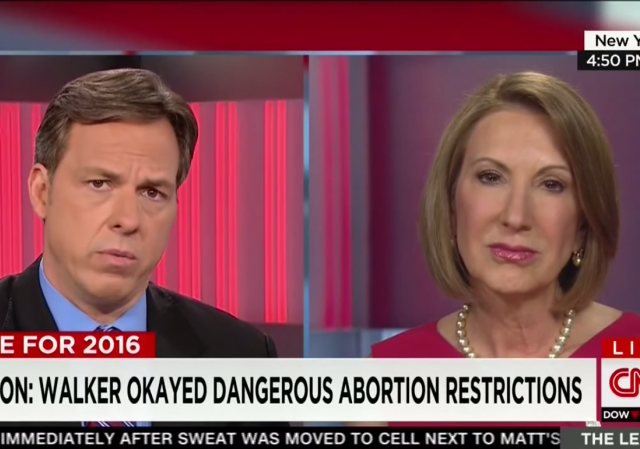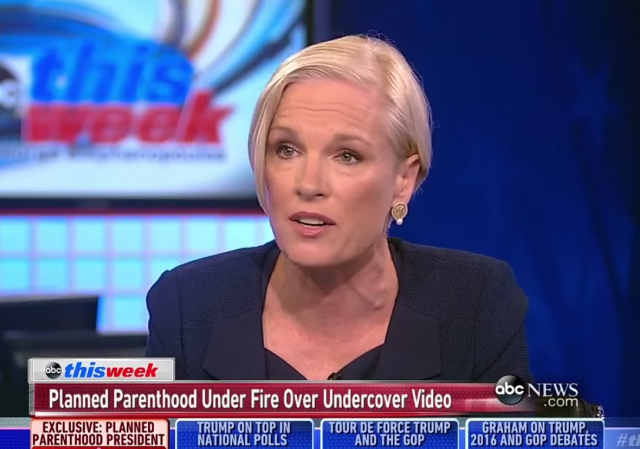Planned Parenthood’s dangerous sex advice for teenagers
on July 29, 2015
23 Comments
Somewhat overshadowed by the Center for Medical Progress' horrifying expose on Planned Parenthood's baby part harvesting operations are an important series of videos released by Live Action earlier this month.
Live Action has long used undercover videos to expose Planned Parenthood. Beginning in early July, Live Action unfurled a four video series looking at Planned Parenthood's role in sex education.
According to Life Site:
Planned Parenthood “counselors” teach minors in the name of “sex-ed”: sexual bondage and sadomasochism, and steering them to sex stores to “get educated.” In the latest video, a Colorado counselor told the Live Action investigator (posing as a minor) that “sexual exploration is normal” – and went so far as to suggest defecating and urinating on men as an option.





















